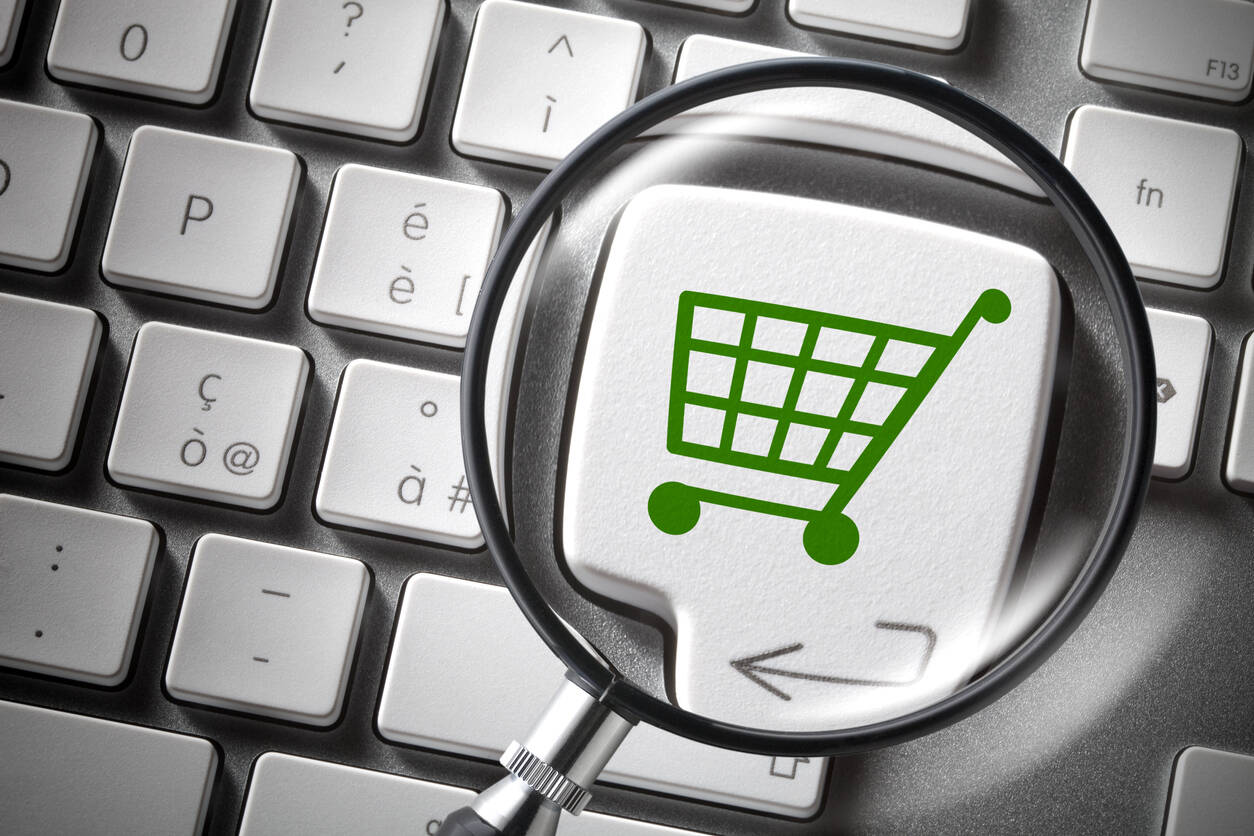 Mumbai: L'Oréal, the world’s largest cosmetics company, said e-commerce is turning out to be a game changer in India, a market where rivals have been historically stronger due to dominance of kirana stores.
Mumbai: L'Oréal, the world’s largest cosmetics company, said e-commerce is turning out to be a game changer in India, a market where rivals have been historically stronger due to dominance of kirana stores.India has an estimated 10 million kirana stores, which account for an estimated 90% of overall consumer products sales. A large number of these are in the hinterland where the French firm L'Oréal has a minuscule presence.
“Now with e-commerce in India, any Indian lady, young lady, in any part of the country, even a village, can order online. It changed completely the paradigm of deep distribution that was always a limitation to our business,” L'Oréal global CEO Jean-Paul Agon said in an investors call.
The Indian market had always been pretty tough for L'Oréal, Agon said, because, unlike some of its competitors, the company did not have “very basic products that can be distributed everywhere to tens of millions of little stores”. “Distribution for us in India was always a pain point, always a difficulty. We couldn’t go as deep as some of our competitors could,” he said L’Oreal India’s business contributes less than 2% to its parent company’s annual sales kitty of nearly €30 billion. The local unit of global rival in India, the country’s largest consumer products firm Hindustan Unilever is ten times bigger, while Procter & Gamble is four times in terms of sales.
L’Oreal's Indian unit reported a 14% year-on-year growth in sales to Rs 3,274 crore for the year ended March 2019, with net profit marginally declining to Rs 255 crore, according to the Registrar of Companies data sourced from Veratech Intelligence.
The French cosmetics firm has about 5% share in India’s face care market where HUL is by far the market leader with 43% share. The company, which sells aspirational products globally, has been trying hard to compensate for its late-mover disadvantage by selling affordable packs and sachets but the distribution is largely restricted to urban markets. The CEO of the maker of the Maybelline and Garnier said ecommerce is a “fantastic revolution”.
Market research firm Nielsen expects ecommerce to contribute about 5% to India’s overall fast-moving consumer goods (FMCG) market by 2022, with annual sales of $4 billion through this channel. At present, online accounts for 2% of FMCG sales at $1.2 billion.
The beauty and personal care market has seen rapid growth in tier 2 cities, with two-fifths of sales coming from non-metro cities, and consumer behaviour is attributed to increased internet penetration, social media and increasing image consciousness among consumers, according to a report by RedSeer Consulting that expects the Indian beauty and personal care market to grow to $22-23 billion in 2022, from $15 billion in 2017.
“The online channel has sprung to life with increased internet penetration and the launch of super verticals (Nykaa and Purplle) which cater to cosmetics majorly,” said the report.
In 2019, L'Oreal’s professional products division in India grew more than 17% while the beauty mass market expanded in double digits, the company said after reporting 8% sales growth globally for FY19, expanding at its fastest pace in a decade
No comments:
Post a Comment